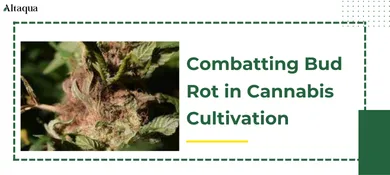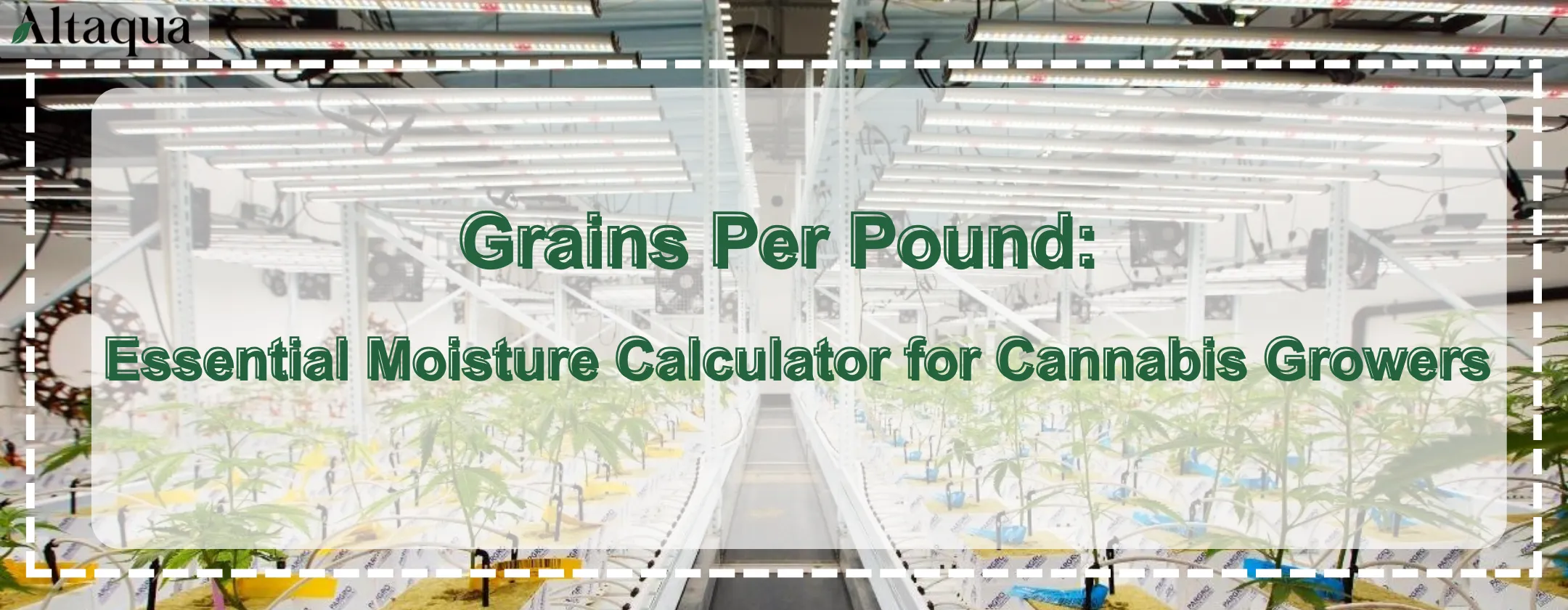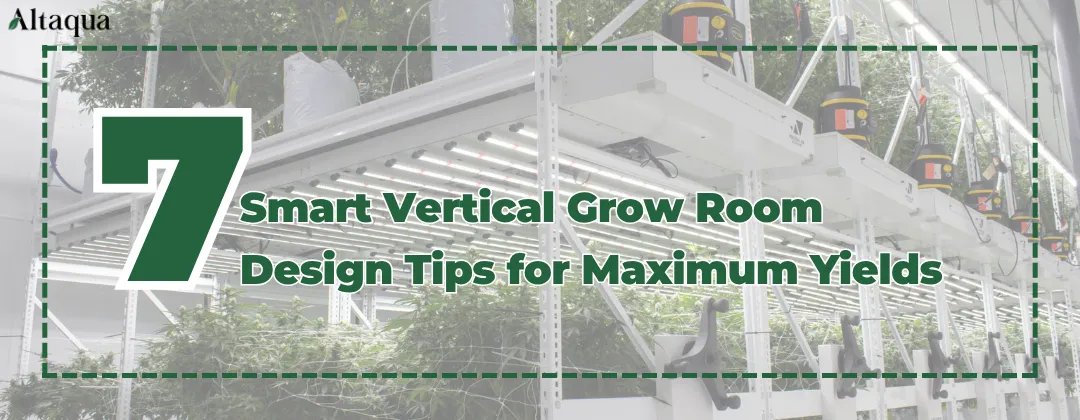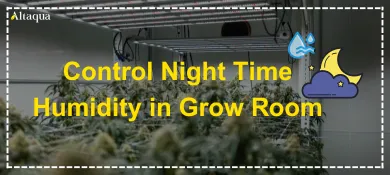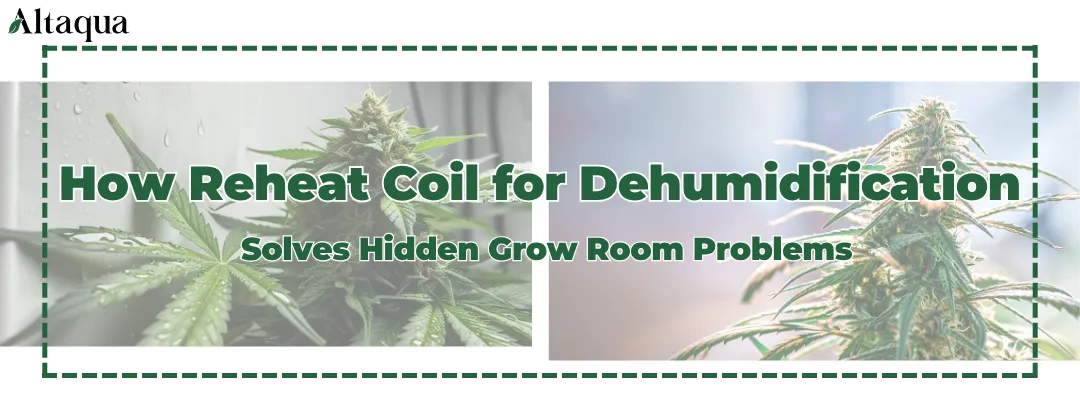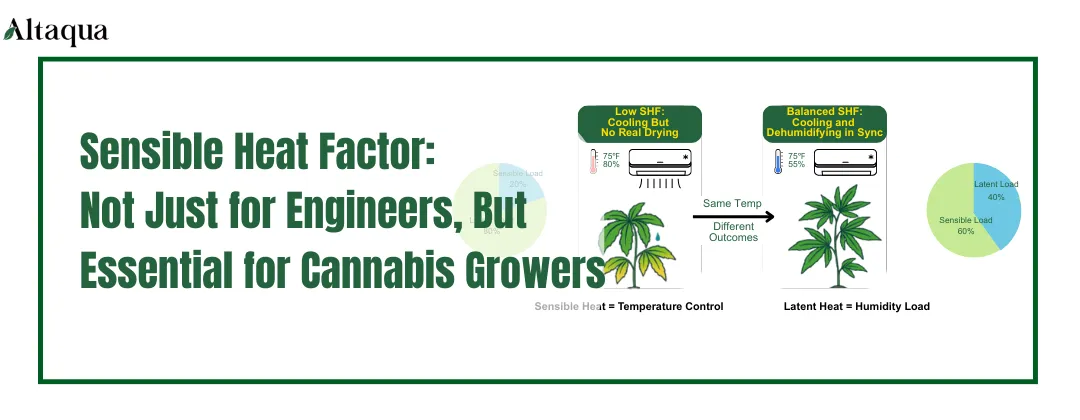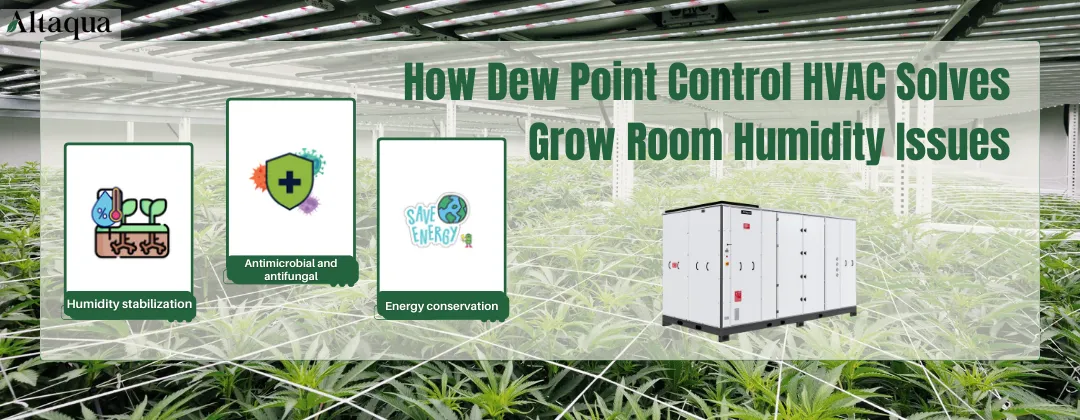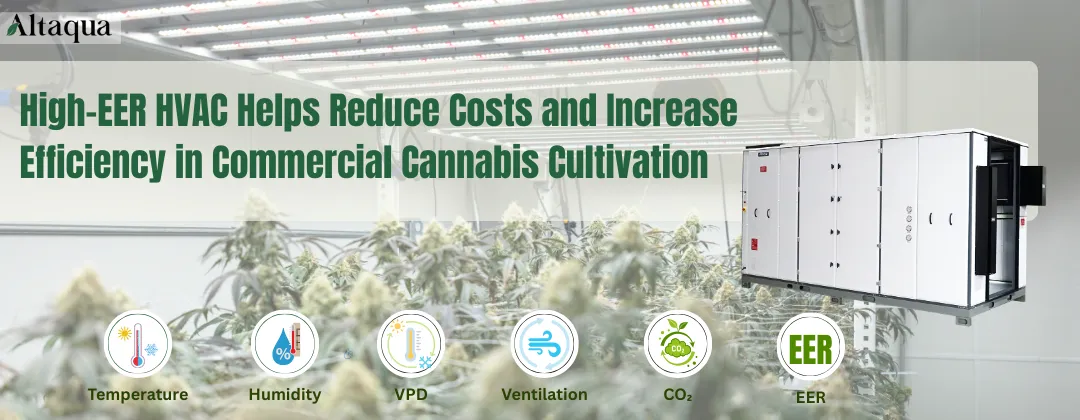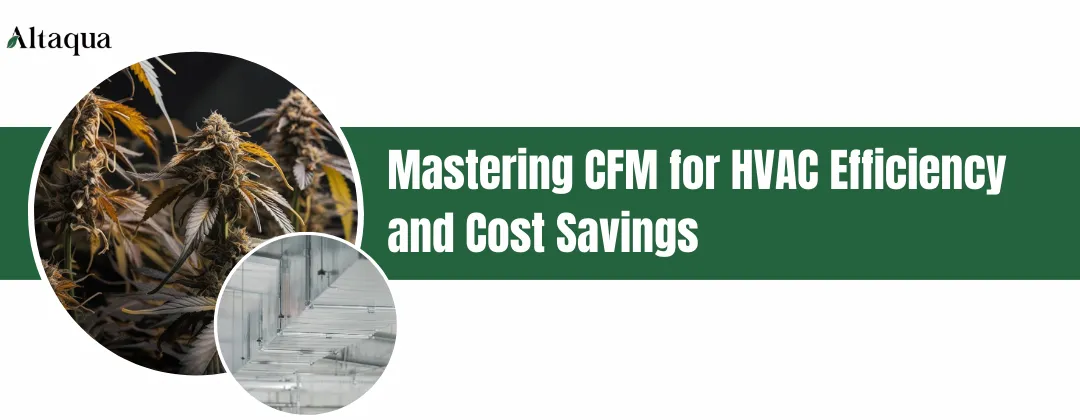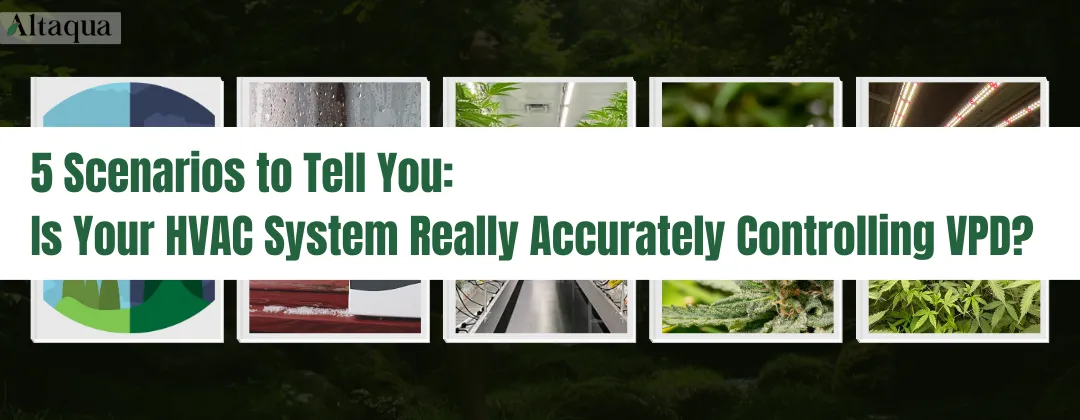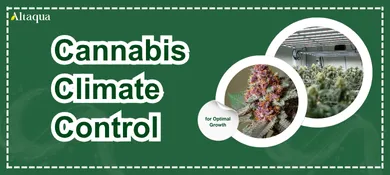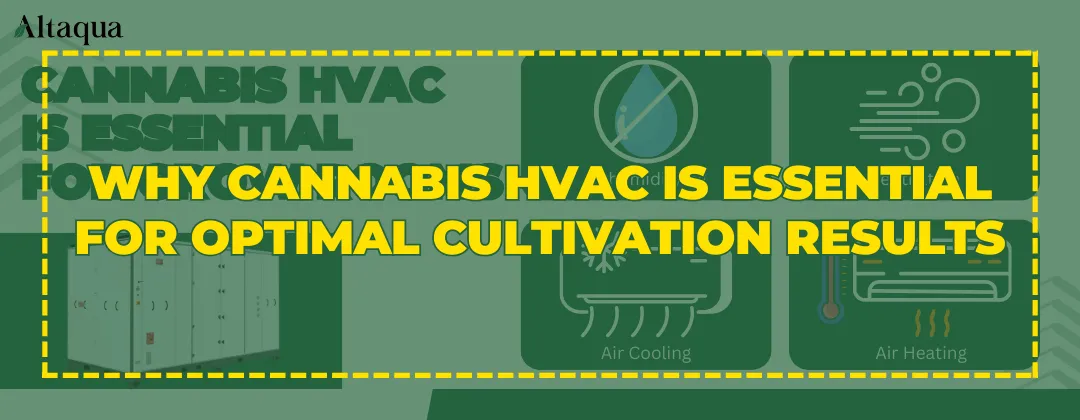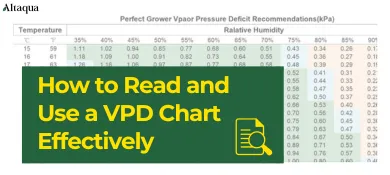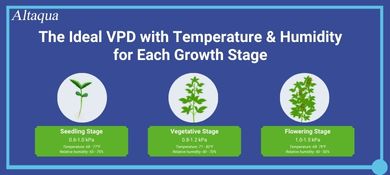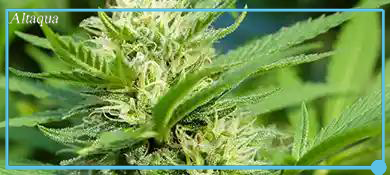Grow Room HVAC Guide Blog
As the commercial cannabis cultivation industry continues to grow, more and more growers are realizing that precise control of temperature and humidity in the grow room is important for improving both yield and quality. Therefore, choosing the right HVAC system for the grow room has become a priority investment for many growers. However, with many HVAC products and technologies available, some growers may still not fully understand how to manage temperature and humidity effectively using these systems.
We are happy to share more practical content based on the grow room HVAC guide, which covers topics such as temperature and humidity control in cannabis grow rooms, performance comparisons between different HVAC systems, how environmental factors affect cannabis growth, and more other details. We try our best to offer helpful grow room HVAC guidance to support you in selecting the most suitable HVAC system and improving your cultivation results.
If you want to learn more details about grow room HVAC guide, please subscribe to get our latest blogs. Your contact will only be used to update our new blogs, and will Not be disclosed to any third party.

